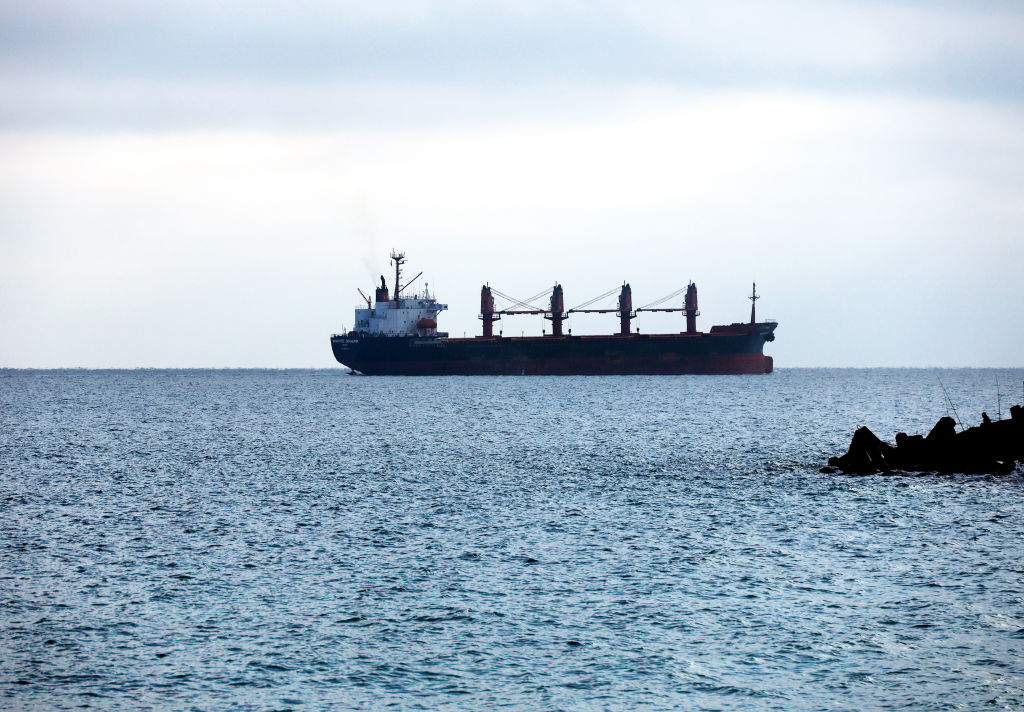The Black Sea Frontline: Why Control of Naval Bases Matters More Than Ever

The Black Sea has become one of the most strategically contested regions of the 21st century – and naval bases now sit at the heart of Europe’s security, energy resilience, and geopolitical stability. As Russia’s war reshapes the regional balance, naval infrastructure from Sevastopol to Constanța is about who controls the future of Europe’s south-eastern flank.
This is the core insight highlighted by Bohdan Popov, Head of Digital at the United Ukraine Think Tank, in his new analysis for The Gaze.
According to the expert, the Black Sea – an enclosed, highly sensitive maritime zone – reacts instantly to any shift in military presence. Russia’s base in occupied Sevastopol has long served as the Kremlin’s launchpad for regional dominance, enabling missile attacks on Ukraine, operations in Syria, and pressure on NATO’s southern corridor.
At the same time, NATO installations in Romania and Turkey, particularly the U.S.-backed systems in Constanța and Turkey’s control over the straits, have created a counterbalance that prevents Moscow from freely projecting power.
Popov recalls that major wars have always hinged on naval infrastructure. Allied strongholds at Scapa Flow and Portsmouth shaped the outcome of the Battle of the Atlantic; the U.S. island-base network from Pearl Harbor to Okinawa enabled victory in the Pacific; and Sevastopol, Naples, and Izmir became defining symbols of the Cold War standoff.
“These examples confirm that naval bases have never been merely logistical facilities.They are strategic tools that enable superiority in war, control over maritime communications, and influence over geopolitical decisions,” communications specialist noted.
The Black Sea is also a lifeline for energy and food supplies. Ukrainian grain exported through Odesa, Constanța, and Varna directly affects global food security and helps prevent new migration crises. Oil and gas routes through Turkey and Bulgaria underpin Europe’s energy stability. When Russia blockaded Ukraine’s ports in 2022–2023, grain prices jumped by up to 40%. Secure naval bases, Popov stresses, now act as anchors of Europe’s macroeconomic resilience.
Ukraine has shown that fleets can be weakened without traditional large ships, using maritime drones and precision strikes. Russia counters with mines, energy attacks on ports, cyber intrusions, and hybrid provocations. “In this situation, naval bases must fulfill not only their traditional roles – housing ships and ensuring logistics – but also serve as centers for multi-domain defense:with integrated air defense systems, cybersecurity, and underwater activity monitoring,” Popov stated.
Despite being under attack, Ukraine has altered the strategic landscape: sinking the cruiser Moskva, hitting Russian ships in Sevastopol, and reopening grain exports despite Moscow’s attempts to block them.
In closing, Popov argues that Ukraine’s future navy does not need to mirror Russia’s outdated heavy fleet. Instead, Kyiv must integrate with regional partners and contribute to a new Black Sea security system. Creating joint naval bases in the western Black Sea – with Ukrainian involvement – would ensure Russia can never again dominate the region.
Read the full article on The Gaze: Black Sea Security: The Role of Naval Bases in the Regional Architecture